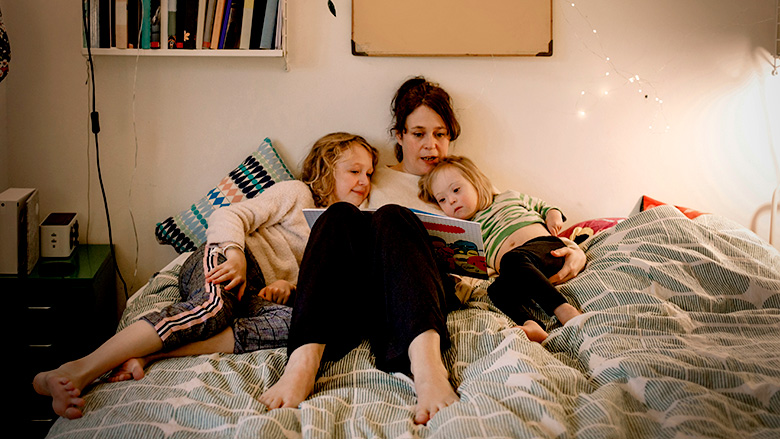The report provides a comprehensive review of academic and policy literature by GVRN to identify and analyse existing research on disability, economic and financial abuse. The report revealed a significant gap in the level of research that has been undertaken into how people with disability are impacted by this serious issue. Using an intersectional approach, GVRN looked at the experiences of people with disability and the different layers of identity, social inclusion and exclusion, and social position to recognise the complex experiences of discrimination that people with disability face.
While there was substantial literature on economic and financial abuse of people with disability that highlighted dependence as a critical risk factor, the report found there were few resources that identified whether the abuse occurred in the context of domestic and family violence (DFV).
The provision of care and support to people with disability can create dependence and ultimately increase the risk of economic and financial abuse – including tactics that are specific to different disabilities. Other factors include lack of access to financial resources and barriers to accessing social security entitlements. Other forms of financial abuse against people with disability may include legal guardians denying access to money, services withholding disability support or government payments, and support workers misusing National Disability Insurance Scheme funds.
Professor Jan Breckenridge, Co-Convenor of UNSW’s GVRN said: “Economic and financial abuse is a prevalent and devastating form of abuse for people with disability. It is clear that people with disability face economic and financial insecurity and hardship at higher rates than their counterparts without disability, increasing their reliance on others and therefore increasing their risk of experiencing economic and financial abuse.
“While economic and financial abuse can occur in various contexts for people with disability, more evidence is needed to fully comprehend the economic and financial abuse experienced by people with disability within DFV.”
CommBank’s Executive Manager, Community Investment, Claire Dawson, said: “We know that people experiencing domestic and family violence are also often impacted by financial abuse and it can be the reason a person cannot leave an abusive relationship. At CommBank, we are committed to increasing the understanding of financial abuse, including how it impacts different communities and improving our collective response.
“We are proud of our partnership with GVRN and hope this report series will raise awareness and encourage others to conduct more research into this important issue.”
Click here to read the report. A summary of key findings is also available.
About CommBank’s partnership with UNSW’s Gendered Violence Research Network
The partnership forms part of CommBank Next Chapter, which aims to support victim-survivors of financial abuse to achieve long-term financial independence. Through the partnership, CommBank and UNSW’s GVRN hope to increase community and industry understanding of financial abuse. When complete, the research series will be one of the most comprehensive compendiums of evidence on economic and financial abuse in Australia. Other reports can be found here.



